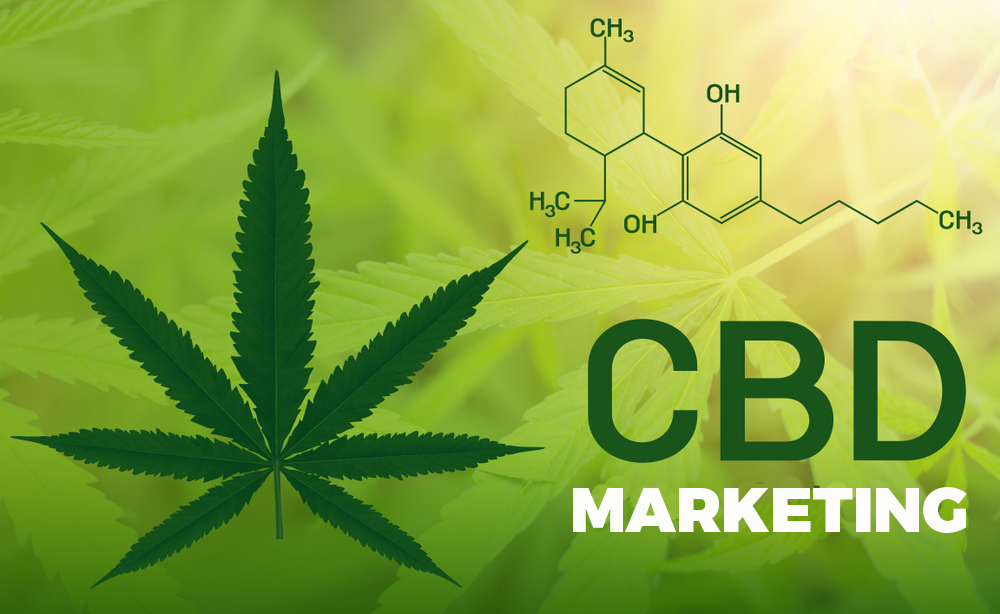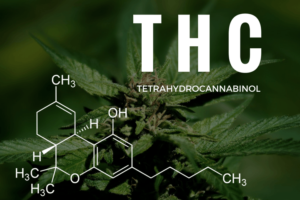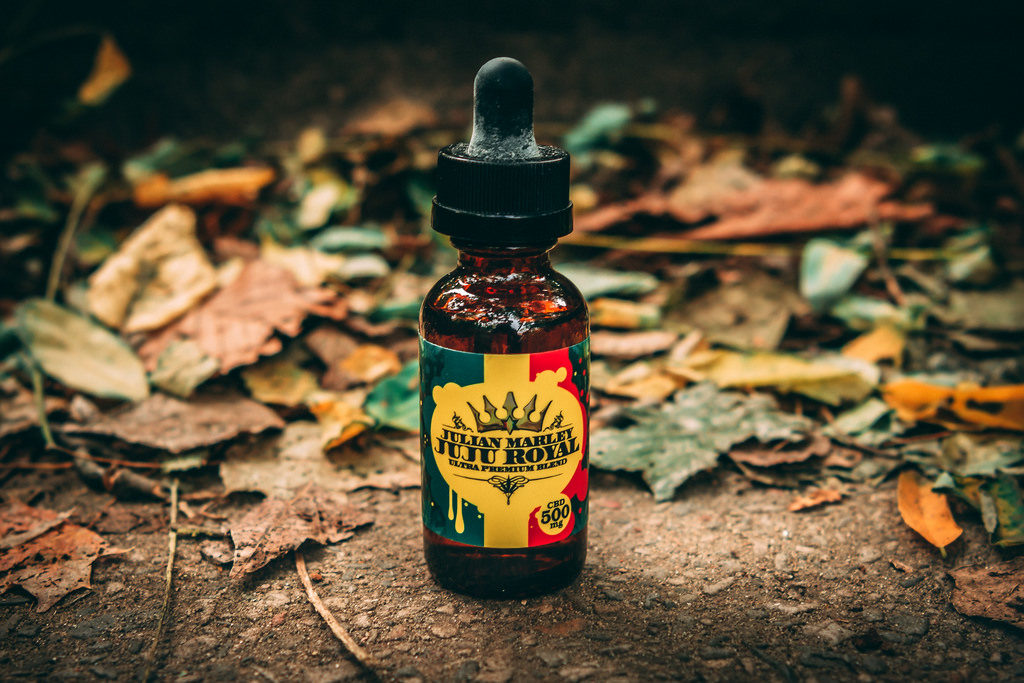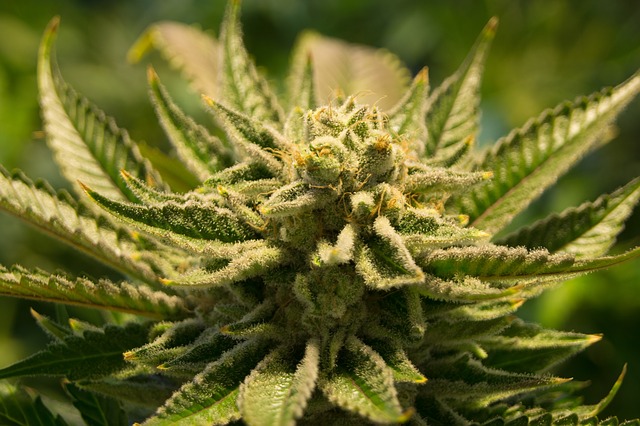The movement for legalizing marijuana in the USA has much support for a number of reasons, yet still there are others who are against even decriminalizing the substance. To understand the pros of legalizing marijuana it is useful to look not only at how the law stands in different states, but also the two different strains of the cannabis plant.
Cannabis sativa has been cultivated as hemp in the USA for many decades. It is used in the production of rope and other materials, and industrial hemp is also used in the production of CBD, or cannabidiol, which is legal across the USA in certain forms. Marijuana is a different strain of cannabis that is high in another compound, THC; this is the psychoactive element – the one that gives us the ‘high’ when we smoke it – and it is present in CBD products in only very small quantities.
So, how does the law look in the USA right now with regard to the legality of marijuana, and why is there a strong movement to legalize its use?
Why Legalize Marijuana?
The prohibition of marijuana across the USA came into force in the 1930’s, and was largely due to strong anti-Mexican feelings in certain parts of the US. In the years that followed, many millions of dollars were spent prosecuting persons found using or possessing marijuana. Indeed, it is estimated that even now, the cost of pursuing marijuana criminal cases reaches an astonishing $14 billion per year!
Now, consider this: in recent years, 11 states of the USA have already legalized the use of marijuana for recreational purposes. That is as opposed to medical marijuana which is available for certain conditions on prescription. These states include California, Colorado, Illinois, Maine, Washington and others. Furthermore, 15 more states have decriminalized the use of marijuana. The result is that they no longer have massive bills to foot for prosecuting people for possession or use.
There are regulations as to the amount you can have for recreational use, and where you may smoke it, and some states now allow individuals to grow a certain number of plants in their home. Yet, it is still illegal under federal law for anyone in the USA to possess or use marijuana for any purpose!
For example, in California, an individual is permitted to have in their possession up to an ounce of marijuana without penalty. It must, however, be for their own personal use, with no intent to supply. In this state, the individual is also permitted to cultivate as many as six plants for recreational use cannabis. It is vital to check state laws before you go ahead, as they vary from place to place.
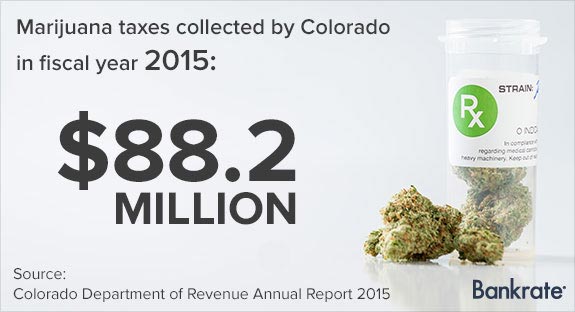
Tax and Revenue
We mentioned above that prosecuting marijuana related cases costs billions. What if marijuana sales were taxed and regulated, as tobacco is? It is reckoned that, from sales alone, tax across the USA could race revenue of as much as $6 billion per year! Add in revenue from tax on the marijuana growing and processing industry, and it’s clear that the USA could benefit greatly from legalizing and properly regulating the marijuana industry, as the likes of Colorado have already begun to discover.
Though two-thirds of Americans support the legalization of marijuana for recreational use, the current administration under President Donald Trump seems oblivious to the benefits. Marijuana is used to treat many serious ailments with great effect, and helps especially those who suffer from chronic pain, so its medical properties are in no doubt.
Summary
There is a growing trend towards legalizing the recreational use of marijuana state-wise across the USA, and as we have seen above, there are strong financial reasons for doing so. There is also a moral issue involved: as it was in the early days of prohibition of the substance, it is still so today that people of color are more likely to be arrested for possession of marijuana than white Americans, despite usage among both groups being very similar.
Legalizing marijuana will not only help America in revenue terms, but may go some way to making life easier for a lot of citizens who simply enjoy their weed occasionally, as well as those who use it for medicinal purposes.

